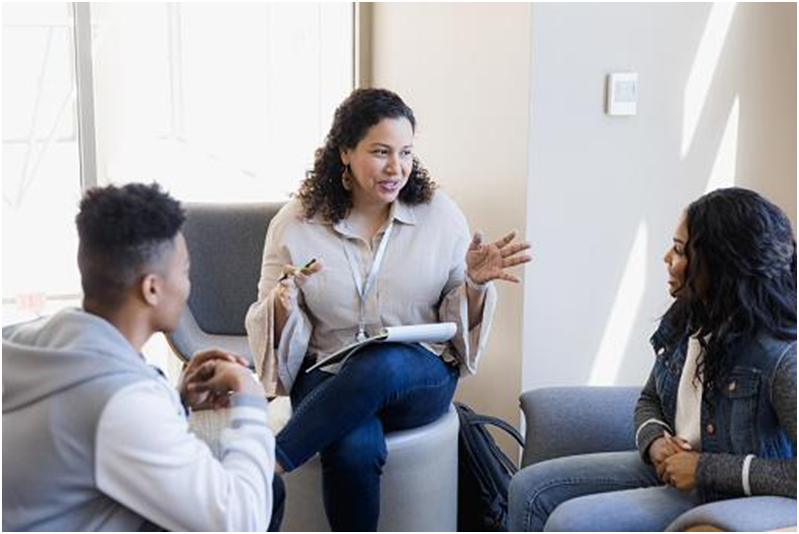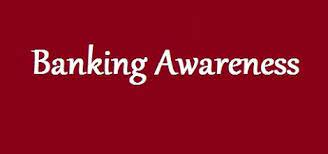Education is a long process constituting tremendous growth and development, significantly impacting students’ attitudes and behavior. Through education, students tend to learn new skills and abilities. Nevertheless, during the learning process, children are exposed to various changes that may challenge their mental health, behavior, and attitude. In other cases, they find themselves in a dilemma or a situation requiring them to make vital decisions in life.
Therefore, counseling is crucial to students. Professional counselors can help students harmonize their interests, abilities, and values. If you are still wondering, the following article will help you understand why counseling is essential among students.
1. Enhance Problem Solving
Students can find it challenging to cope with tension, stress, anxiety, and difficult choices brought on by studies. In most cases, they also cannot identify the causing factors that may exacerbate the problem. Professional counselors help students to build resilience and confidence to face their problems instead of shying off. Additionally, counselors provide students with discerning skills to differentiate between the issues they can solve and those who need assistance.
In addition, professional counseling helps students solve crucial matters such as career dilemmas. Through counseling, students can learn about their full potential, talents, and abilities. Also, counseling makes students more aware of their choices and goals.
Professionals employ numerous entertaining counseling strategies, such as incorporating mindfulness videos for middle school to help students solve problems and make them self-sufficient.
2. Cope With Life Changes
Through the learning process, students experience significant life changes at every stage of their studies. The transition from childhood to adolescence can be both exciting and challenging. Students also experience other life changes that may affect their mental health and general studies, such as being bullied or not having enough friends to talk to.
These changes can seriously affect their mental health and studies and lead to emotional turmoil if not well handled. Besides, most students may not be confident enough to talk to their parents or siblings about what they are going through. Therefore, a professional counselor can play a critical role in helping students deal with any change they are experiencing.
Such professionals allow students to express themselves without shame, intimidation, or fear of being judged. They later provide the best solution and steps to help cope with the issues.

Image source: istockphoto.com
3. Coping With Stress
There’s no denying that the learning process can be stressful. Assignments, exams, assessments, and class work that need students’ attention can burden a child’s mental being. They also face pressure from other issues that are not studies related. For example, students tend to be influence-prone, especially by peers. Family issues, friends, and life changes may also subject students to serious stress that may affect their learning process.
Counselors help students to identify various stress-causing factors and guide them on the ideal way to cope with them. They also provide students with a better way to manage their duties and plan for their studies, avoiding the hype of tasks or missing deadlines.

Image source: unsplash.com
4. Enhance Positive Change
Peer pressure or negative influence can make students astray. Since students are young and energetic, they may want to explore new things, good or bad. If not well guided, they may make wrong choices which can significantly affect their studies and life.
Counseling enables students to develop resilience and perseverance when facing setbacks and challenges. It also gives them an exemplary meaning in life, defines their purpose and abilities, and gives them hope and a sense of direction for the future.
Further, counseling encourages students to focus on beneficial and positive things. This way, students discern negative attitudes, habits, and behaviors that need to be changed. Lastly, counseling helps to instill positive perspectives in students by teaching them the various aspects of psychological health.
5. Cultivate Social Skills
Students who have low self-esteem or are shy struggle to interact with others. They tend to have poor communication skills, which affect how they express themselves, and they find it hard to cultivate healthy relationships with others.
Counselors play a significant role in helping students develop skills that can help them interact confidently. For example, counselors can help students to develop skills such as rejecting peer pressure, asking for help, making requests, filing complaints, and creating and maintaining healthy friends.
In addition, they help students to improve their communication skills, both verbal and non-verbal, and cultivate active listening. By undergoing counseling, students also identify their weaknesses and develop an authentic way to deal with them.

Image source: istockphoto.com
Wrapping Up
Student counseling is essential in their growth and development. The physiological therapy provided during the counseling session can help them have an improved and positive perspective on life. Additionally, counseling allows students to maneuver through various life challenges and cope with any barrier that may hinder their progress. This technique is a healthy way to help students realize their purpose, potential, and abilities and make them self-efficient and self-reliant.




